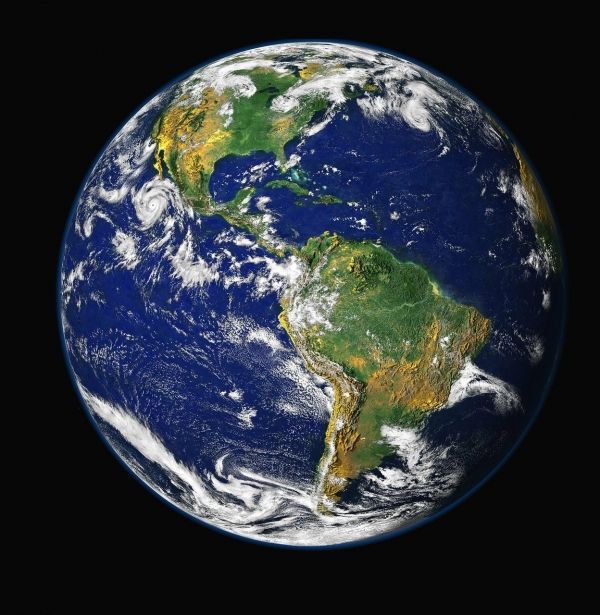As climate change threatens the world, governments and organizations from around the globe have banded together to fight its effects. Yet that collaboration has not always carried over into the online world, where technology is often assumed to connect people and break down barriers. Research from the University of Kansas has found that nongovernment organizations, or NGOs, dedicated to fighting climate change from rich countries and certain parts of the globe are dominating the online conversation, leaving others at risk of being left out.
Climate Change Action Network International is a worldwide network of 1,300 NGOs in more than 120 countries “working to promote government and individual action to limit human-induced climate change to economically sustainable levels.” Despite their stated goal of collaboration for global good, a big-data analysis of their social media use found NGOs in the global north and Oceania are the most engaged, most connected and have the largest audience for their message about combating climate change.
KU researchers analyzed a year of activity on Twitter by 482 NGOs in 79 countries, members of the international alliance found to have active Twitter accounts. The analysis showed a stark divide in who is leading the international conversation on climate change among NGOs, which are in a unique position to reach world populations on the topic as a bridge between the scientific community and public.
Read more at University of Kansas
Photo Credit: PIRO4D via Pixabay


